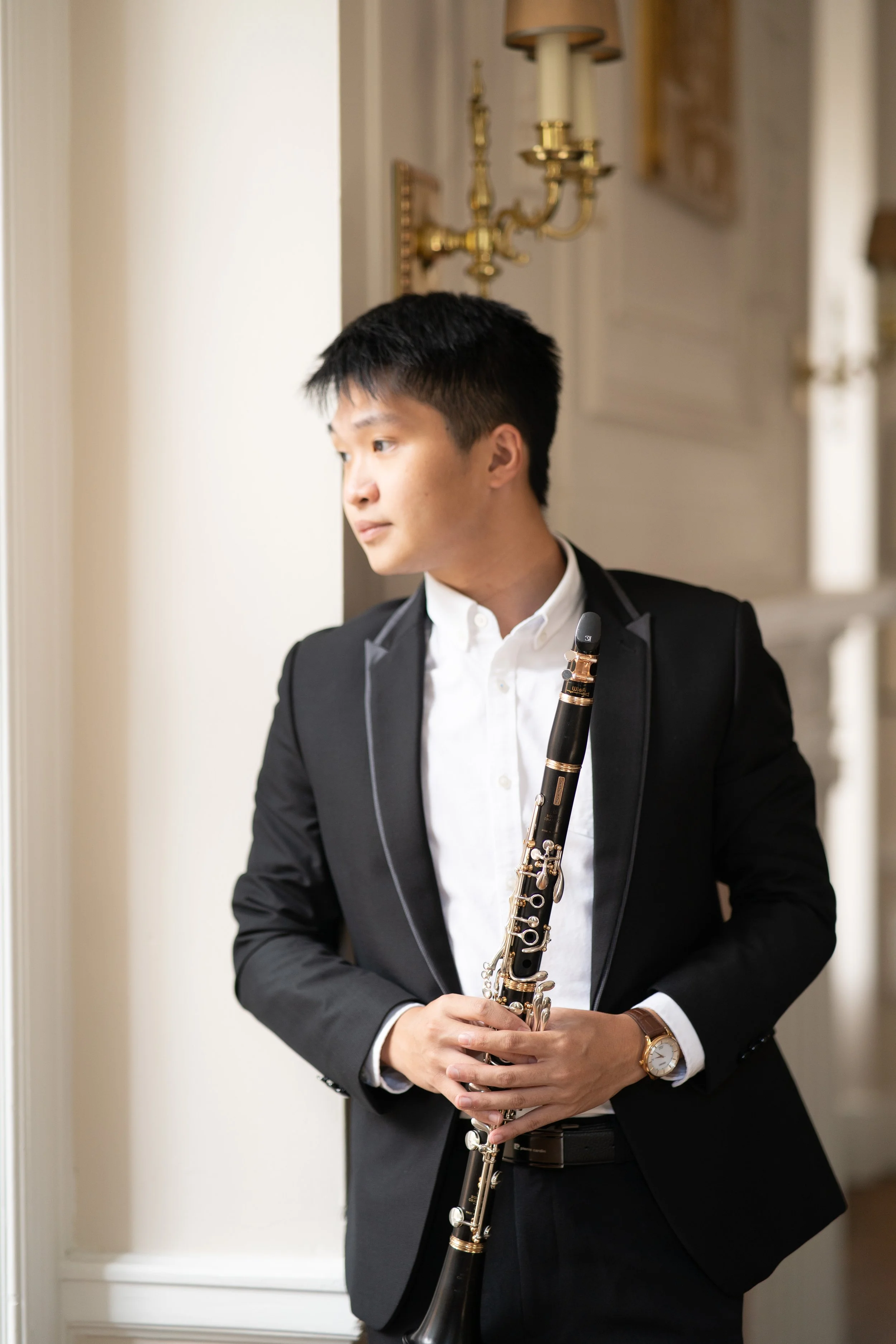Practice hacks!
By Tzu-Yi Yu
We all know that we should practice, but HOW should we practice? It’s important to be conscious of what you are doing instead of playing through the piece over and over again. Here are some tips that could be helpful to your practice sessions.
Practice session doesn’t have to be long
Focus and focus! Scrolling on phones or chatting with your friends are two of the many reasons that make your practice sessions longer and less productive.
Time is precious and limited, but we can always find a short time slot to practice. It can be just a highly concentrated 30 minutes, which is better than 60 minutes with plenty of breaks. Cherish the time and make the most of it!
Plan Ahead!
Planning ahead is useful for your learning. Spend a few minutes thinking about what you want to complete or improve today before you start practicing, and focus on this goal. Some people will even plan for the entire week to ensure that they are on the right track. If you’re stuck, don’t forget about fundamentals. Scales and etudes are always your best tools for self-improvement!
Practice with a metronome / tuner
Metronome and tuner are your best helpers! Stability is essential in music performance, which includes stability of rhythm and playing in tune. Practicing with metronome regularly will cultivate your sense of rhythm and help with the completeness of music. For fast parts, try starting under tempo until you get familiar with the notes. After that, speed it up gradually by 4 or 8 BPM, and you will find calmness within! Most of the time, running notes are not as fast as you think.
Additionally, some people might think being in tune is not something critical, but I have to say that it is one of the most essential skills when you begin to audition for schools and orchestras. A piece can sound completely different if you’re just slightly out of tune, due to the harmony and tonality of the key. You can try to use a tuner to find your weaknesses in intonation at first. This trains your ears in getting used to more precise pitches and, eventually, you will be able to adjust on the fly while playing.
Record yourself and listen back
We could find a lot of things that we didn’t initially notice when playing by listening back to recordings. We might concentrate too much on technical details while playing, such as fingerings or phrasing, instead of focusing on listening to what we just played. So, recording yourself is the best way to find out if what you did what you imagined. Sometimes, you will even discover interesting details in music that you didn’t notice at all.
However, it takes guts to face your drawbacks and address them, and it’s normal to feel anxious or terrified to “admit” that your playing didn’t sound the way it did in your head! But the ultimate purpose of practicing is to grow, and we must always shed our egos before we transform.
Force yourself to play in front of an audience
Worried about not having enough experience performing? It’s true that the feeling of playing in front of people is very different than playing by yourself in a practice room. You could become so nervous or anxious that you end up performing under your usual standard. This is frustrating, but practicing performing is the exact method I use to reduce the possibility of making mistakes.
In order to get familiar with the sense of performing, you could ask family or friends to listen to your run-throughs. Not only can you build confidence by doing it, but you can also receive feedback from them. From my own experience, I will invite a small group of friends to have a mock audition before the real audition and ask them for their opinion after a run-through. The benefit I can gain from doing that constantly is much more than if I just kept playing for myself.
Find a balance between practicing and studying
Practicing isn't our only job in college. There are also lots of other classes, meaning that we need to spend time studying and doing homework. It’s good to remind yourself that other courses are also important, as they include knowledge outside of music that might be helpful to your future life and career.
Also, free time is essential for your mental health! Don’t get overwhelmed by work. A proper amount of relaxation makes your music-making more vivid!
Hope this gives you a glimpse of what practice sessions are like for music college students. Follow these instructions, and you will be surprised at how quickly the time flies while practicing!
Tzu-Yi Yu, from Taoyuan City, Taiwan, is a student at the Curtis Institute of Music in Philadelphia. He currently studies clarinet with Mr. Anthony McGill and YaoGuang Zhai.
As a clarinetist, Mr. Yu has performed in several countries, including Taiwan, Japan, France, China and the United States. He was a prize winner at the 2020 Buffet Clarinet Competition in Taiwan and 2019 Buffet Clarinet Competition in China.
